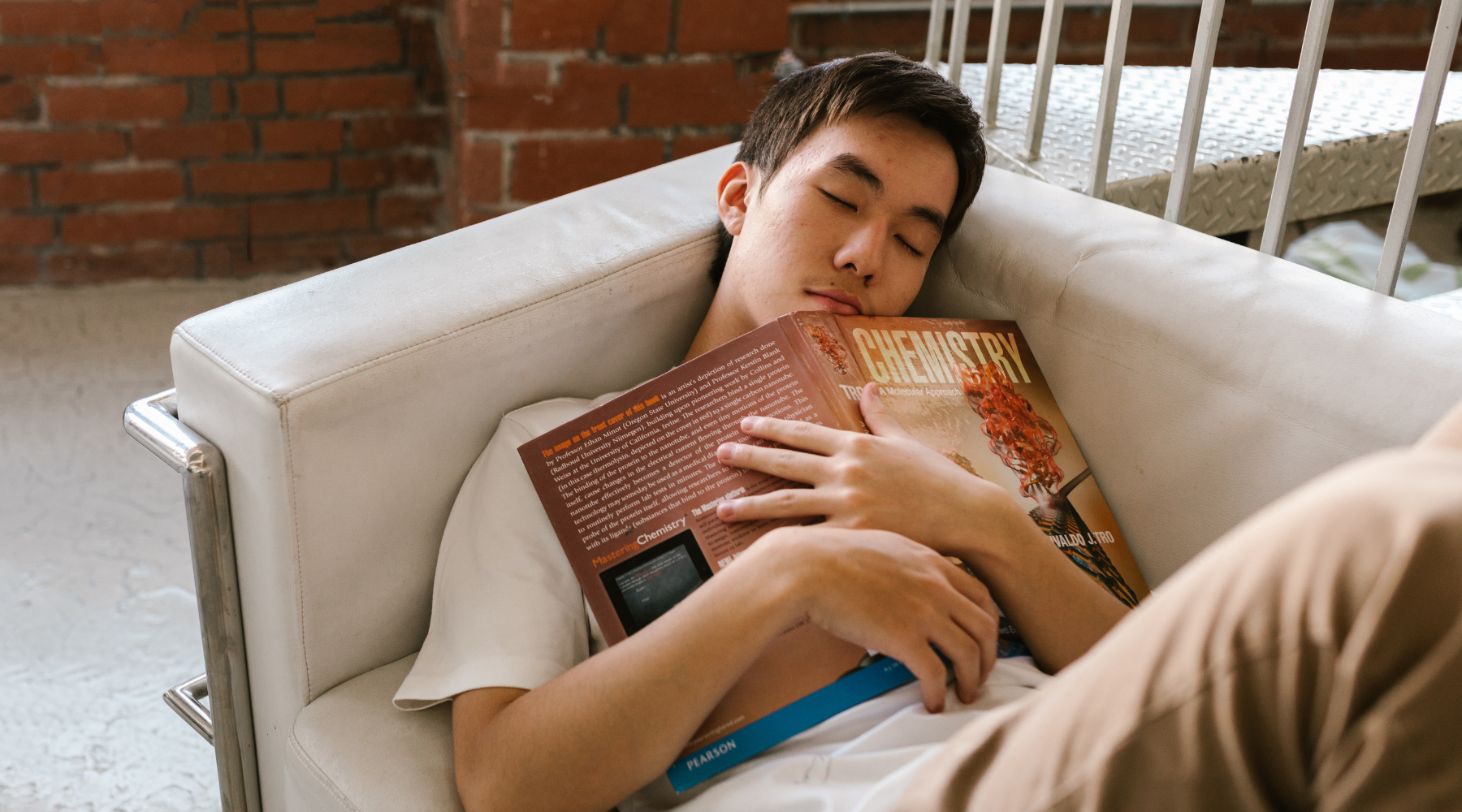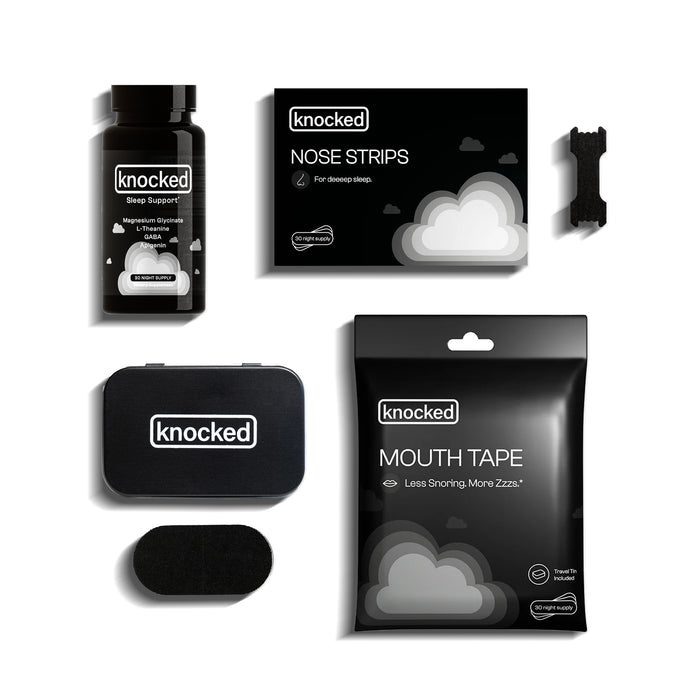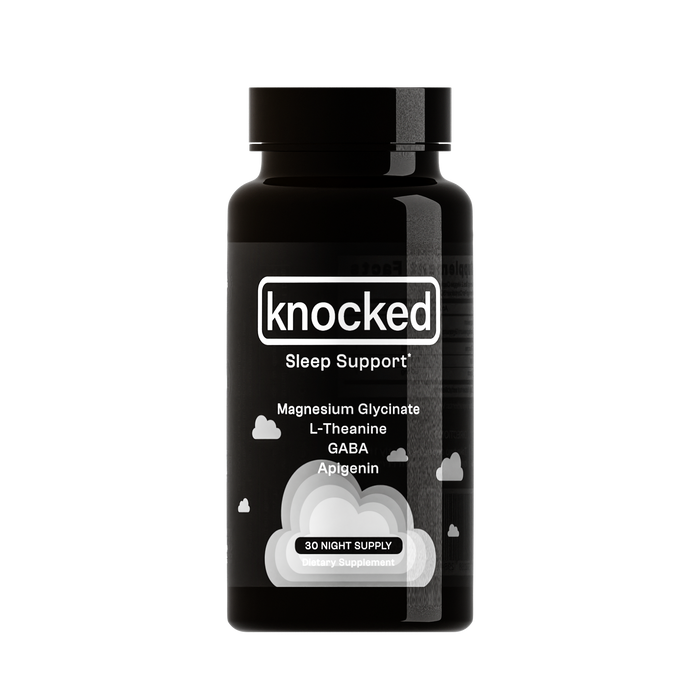

How to Help Teens Tackle Sleep Problems and Insomnia: A Guide for Parents
Teenagers often face sleep problems and insomnia, which can have a significant impact on their overall health and well-being. In a recent article published by The New York Times [1], experts shed light on the difficulties teenagers experience when trying to get a good night's sleep and offer valuable advice for parents looking to help their teens overcome these obstacles.
Sleep Challenges for Teens:
The teenage years are marked by various biological, social, and psychological changes that can make it difficult for adolescents to maintain a healthy sleep routine. Some of the most common factors affecting teen sleep include:
Helping Your Teen Overcome Sleep Problems:
Parents play a crucial role in helping their teenagers develop good sleep habits and address any underlying issues that may be causing sleep problems. Here are some strategies to consider:
[1] Carey, B. (2023, May 8). For Many Teens, Getting a Good Night’s Sleep Is a Dream. The New York Times. Retrieved from https://www.nytimes.com/2023/05/08/well/family/teens-sleep-insomnia.html
[2] Abbasi, B., Kimiagar, M., Sadeghniiat, K., Shirazi, M. M., Hedayati, M., & Rashidkhani, B. (2012). The effect of magnesium supplementation on primary insomnia in elderly: A double-blind placebo-controlled clinical trial. Journal of research in medical sciences: the official journal of Isfahan University of Medical Sciences, 17(12), 1161–1169.
Sleep Challenges for Teens:
The teenage years are marked by various biological, social, and psychological changes that can make it difficult for adolescents to maintain a healthy sleep routine. Some of the most common factors affecting teen sleep include:
- Hormonal changes: The production of melatonin, the hormone responsible for regulating sleep, shifts during adolescence, resulting in later sleep and wake times [1].
- School demands: Early school start times and heavy workloads can disrupt a teen's sleep schedule and cause sleep deprivation [1].
- Social pressures: The desire to stay connected with friends through social media and other means can lead to late-night screen time, further delaying sleep [1].
- Anxiety and stress: Worries about school, relationships, and other aspects of life can contribute to insomnia in teenagers [1].
Helping Your Teen Overcome Sleep Problems:
Parents play a crucial role in helping their teenagers develop good sleep habits and address any underlying issues that may be causing sleep problems. Here are some strategies to consider:
- Establish a consistent bedtime routine: Encourage your teen to create a relaxing pre-sleep routine that includes winding down and disconnecting from screens at least an hour before bed [1].
- Create a sleep-friendly environment: Ensure that your teen's bedroom is quiet, dark, and comfortable to promote better sleep [1].
- Encourage regular exercise: Physical activity can help regulate sleep patterns and reduce stress, but avoid intense workouts close to bedtime [1].
- Limit caffeine and sugar intake: Consuming these substances, especially in the evening, can interfere with a teen's ability to fall asleep and stay asleep [1].
- Choose magnesium glycinate over melatonin: Instead of using melatonin supplements, consider recommending magnesium glycinate such as Knocked, as a safer and more effective alternative for improving sleep quality in teenagers [2].
- Seek professional help if needed: If your teenager's sleep problems persist, consider consulting a healthcare professional for further evaluation and support [1].
Helping your teenager overcome sleep problems and insomnia is essential for their overall health and well-being. By understanding the challenges they face and implementing practical strategies to promote better sleep, parents can play an active role in fostering a healthier and more balanced lifestyle for their teens.






